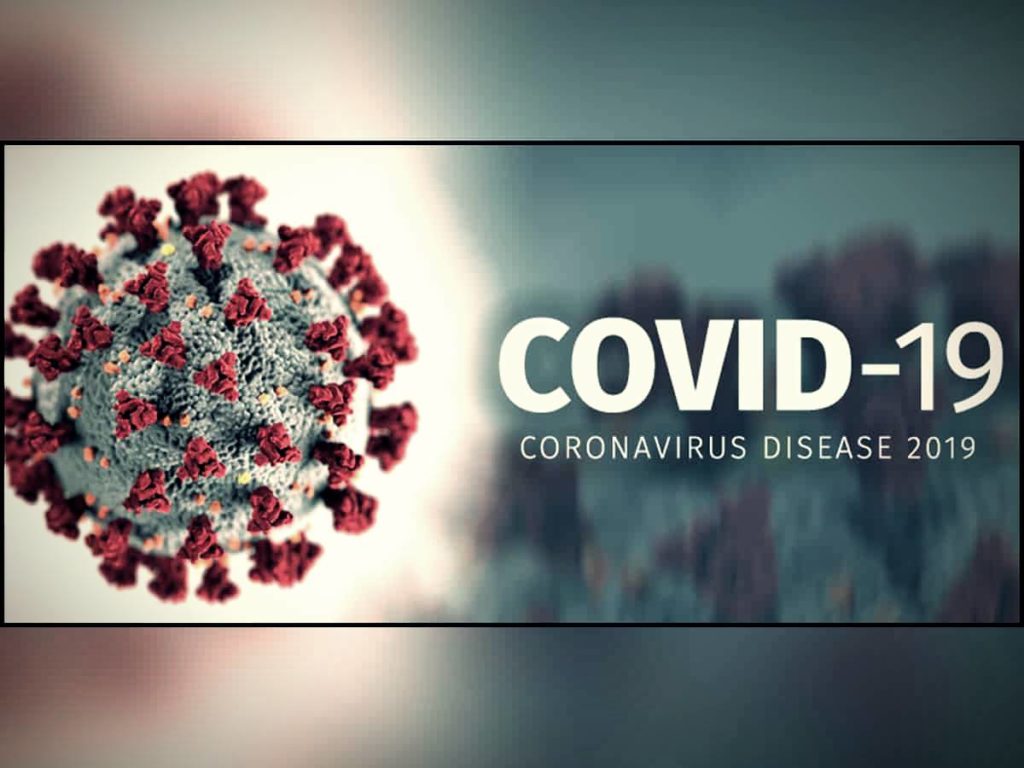China released the first new coronavirus animal experiment results

The importance of vaccines in controlling new coronavirus pneumonia is obvious. And scientists around the world are also working hard to develop vaccines.
Recently, studies of antibody-based vaccines have finally received good news.
On May 6, Chinese scientists were the first to publish the results of animal experiments with a new vaccine against coronavirus in the leading international scientific journal, Science.

It is worth noting that this is the first article in the world in which the results of experiments with a new coronavirus vaccine animal, developed by the Chinese team and proven both for mice and rats, and for rhesus monkeys. Already on April 19, a preliminary version of the article wass published on the bioscience paper bioRxiv platform and attracted great attention in the industry.

The world’s first inactivated vaccine
According to different treatment methods, vaccines r divided into 5 types: inactivated vaccines, live attenuated vaccines, recombinant protein vaccines, nucleic acid vaccines, and recombinant viral vector vaccines.
The researchers used a more traditional inactivated vaccine.
Inactivated vaccine refers to killing the virus directly, and then throwing the whole body to the immune system for recognition. For example, heat to death, or soaked with formalin. This is the most classic type of vaccine. The advantage is that it is safe and mature. The disadvantage is that the virus is dead after all, and the resulting immunity may not be enough.
The main research method is to extract virus strains, inactivate them, and then inject them into mice, rats and rhesus monkeys to induce neutralizing antibodies in them.
So, what are the results of the specific research?
The PICo vaccine may be able to elicit a more effective antibody response.
The researchers isolated the SARS-CoV-2 strain from the bronchoalveolar lavage fluid (BALF) of 11 hospitalized patients (including 5 intensive care patients). 1 from the UK and 1 from Spain.
These 11 samples contain SARS-CoV-2 strains, and these strains are widely distributed on the phylogenetic tree constructed from all available sequences, and to some extent represent the circulating SARS-CoV-2 population.
For comparative studies, the researchers selected CN2 strain for the development of purified inactivated SARS-CoV-2 virus vaccine (PICo vaccine) and another 10 strains (called CN1, CN3-CN5, and 0S1-0S6) as preclinical challenge strain.
In order to evaluate the immunogenicity of the PICo vaccine, various doses of PICo vaccine injected on days 0 and 7 (0, 1.5, or 3 or 6 pg per dose, 0 pg in saline as a sham group) = BALB / c mice (n10), as a result, no inflammation or other adverse reactions were found.
To the researchers’ surprise, they also found that the number of induced N-specific IgG in immunized mice was 30 times lower than that of anti-S or RBD antibodies. The ability to produce similar results in humans, but this underlines the potential of the PICo vaccine to elicit a strong and effective immune response. Thus, the researchers believe that antibodies against SARS-CoV-2N cannot provide protective immunity against infection, suggesting that the PICo vaccine may elicit a more effective antibody response.
Also Read:
Beaware! 21 apps are illegal to steal user personal data
Microsoft announces the new Windows Terminal: It is “full-featured.”
Introduced “the world’s first universal processor” support for PCIe 5.0 and 7 nm






